September 26, 2023
Workplace absenteeism soars to its highest level in over a decade
 UK employees were absent an average of 7.8 days over the past year according to new survey findings from the CIPD and Simplyhealth. This is the highest level the trade body has reported in over a decade and two whole days more than the pre-pandemic rate of 5.8 days. The report claims the upsurge in workplace absenteeism comes at a time when employers are under increasing pressure with recruitment and retention challenges. As a result, the CIPD and Simplyhealth are calling on organisations to have an open and supportive culture where people can speak to line managers about health issues and access helpful support and adjustments such as flexible working options and health services. (more…)
UK employees were absent an average of 7.8 days over the past year according to new survey findings from the CIPD and Simplyhealth. This is the highest level the trade body has reported in over a decade and two whole days more than the pre-pandemic rate of 5.8 days. The report claims the upsurge in workplace absenteeism comes at a time when employers are under increasing pressure with recruitment and retention challenges. As a result, the CIPD and Simplyhealth are calling on organisations to have an open and supportive culture where people can speak to line managers about health issues and access helpful support and adjustments such as flexible working options and health services. (more…)

















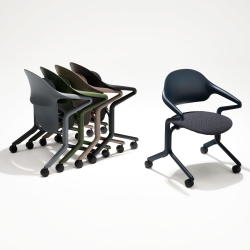
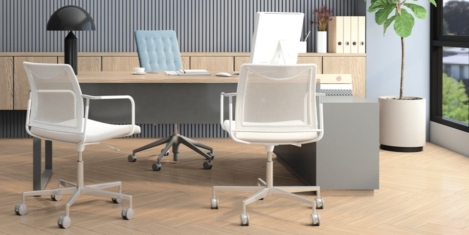

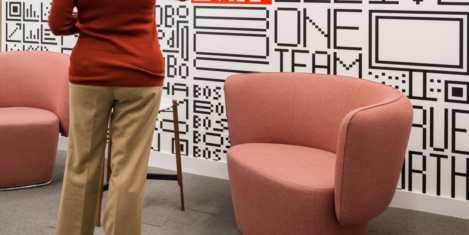
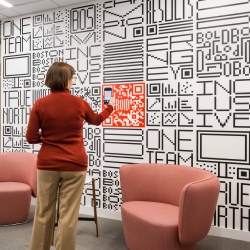




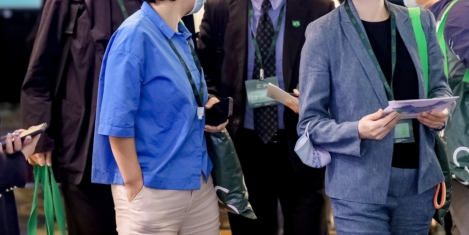










September 5, 2023
Working from home won’t last forever… will it?
by Zain Ali • Comment, Flexible working, Technology